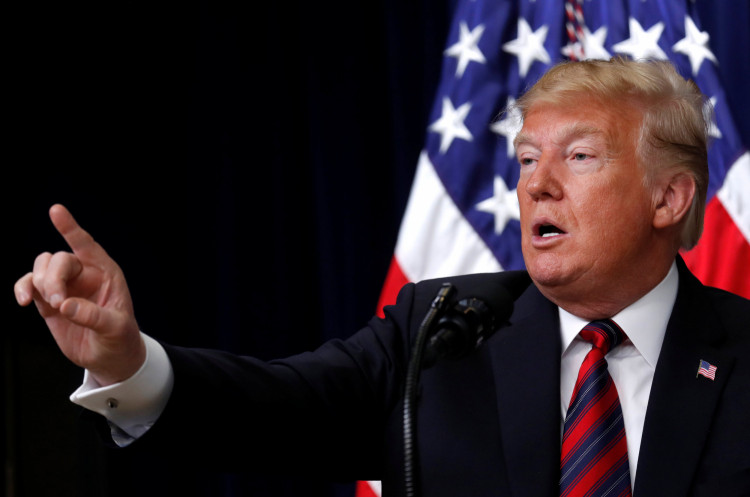Despite the ongoing US-China trade war, many Chinese disclosed that they like Trump. They reportedly understand him and get his brand of nationalism, which is quite surprising considering the lackluster relations between the two nations and their respective presidents.
According to Forbes, ordinary people in China, whether they are in Beijing or faraway areas like Chengdu, like the enigmatic and unpredictable US president, Donald Trump. Based on this analysis, they seem to understand where he is coming from and his style or brand of nationalism. They even reportedly like how crass he could sound in the press. All these are evidenced in Sina's Weibo, the Chinese version of Twitter. Trump is said to be the biggest foreign star on this social media platform.
Considering the trade war between the two economic giants, this might be quite unexpected. On Tuesday, after Trump talked about the "great deal" he mentioned in an interview on Fox News the night before, the president was the 15th hottest topic overall on a day. He was also the top non-Chinese story being spread and shared on Weibo, which can be attributed to his trade and immigration policies and ideas.
The night before, the US president told Laura Ingraham of Fox News that he has a plan of engaging in a "great deal" with China. He reportedly claimed that China is the one not ready for the deal, which he said he would like to make before the year ends. At present, more business-destroying and economy-shattering tariffs are in the works.
While the official view and stance of China are that the United States is a bully, it seems that ordinary citizens are more optimistic about the supposedly hated president and his ideas.
In another analysis by Asia Times, China's state-run news and academics are reportedly changing their perceptions of the US president. When he won and was on the early months of his presidency, the majority of the scholars and journalists perceived Trump as weak and as someone not to be taken seriously. They now reportedly believe him to be different.
The United States' ongoing trade war with China has a big role to play in this shift in perceptions. Moreover, there is now an acknowledgment that Trump's the United States is no longer similar to the United States headed by presidents such as Bill Clinton, George W. Bush, and Barack Obama. The previous administrations have strived to regard and treat China as a strategic partner, but Trump is observably not worried nor afraid to treat China as a strategic competitor and rival. Based on the analysis, many in China now recognize the threat that under Trump, America is now willing to suspend the types of bilateral relations China has become accustomed to starting from the 1970s.






